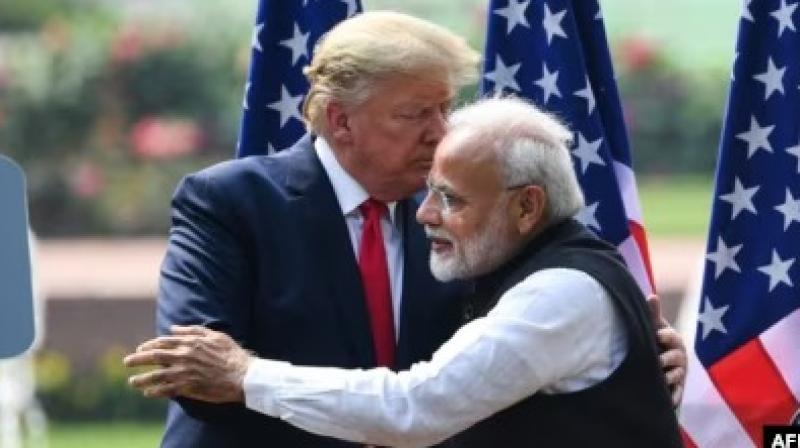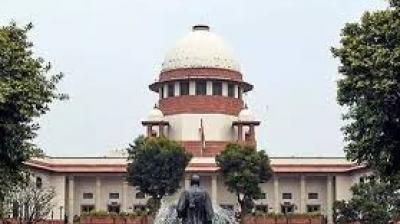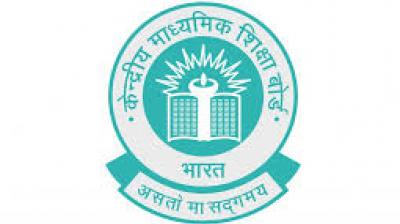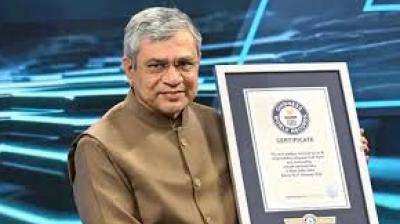
This claim was like an insult to India.
Editorial: Trump-Modi talks… beneficial too, challenging too…
Prime Minister Narendra Modi has clearly told U.S. President Donald Trump that India neither asked for American mediation regarding Kashmir or Pakistan, nor will it accept third-party mediation on this bilateral issue. Through this direct clarification, Modi wanted to end all those controversies associated with Donald Trump’s claims that he made the recent ceasefire between India and Pakistan possible, and that he used trade promises as a ‘bait’ or lure to convince both countries to agree to a ceasefire.
This claim was like an insult to India. Although the Indian Ministry of External Affairs rejected Trump’s claims several times, still the American President continued to repeat his statement. He even did the same during the G-7 summit in Alberta, Canada. Now, Mr. Modi has directly told Trump that the ceasefire was done at the request of the Pakistani DGMO, and that this is only and only a ceasefire—not the end of a war that emerged from Operation Sindhoor. Such straightforwardness should be welcomed.
According to the information given to the media by Indian Foreign Secretary Vikram Misri, Trump was supposed to hold an informal meeting with Modi during the G-7 summit, but due to some emergency situation, he had to return to Washington, D.C., early. On this, he asked Modi to come to America for a few hours after the conclusion of the G-7 summit. But the Indian Prime Minister expressed his inability to make any changes in his Croatia tour program. Diplomatic circles are taking such a direct "no" as an indirect expression of displeasure toward the U.S. President.
Through such expression, Modi showed that India is neither a follower of anyone nor a flatterer. It is capable of protecting its interests on its own. According to Misri, the suggestion for the phone call also came from Trump. It was accepted. This conversation lasted 35 minutes, and through it, while both leaders discussed issues like the Iran-Israel war, Ukraine-Russia war, and other international matters, Modi also made the American leader aware of India’s emotions and thinking regarding Pakistan. He clearly stated that no matter what Pakistan says, the entire India is united in not accepting any third-party mediation on Kashmir.
The importance of this phone conversation also lies in the fact that it happened before the meeting between Pakistani army chief, Field Marshal Asim Munir, and Trump, and through this, Modi could also inform the American President about India’s position regarding Munir.
It is a known and acknowledged fact that Trump’s claims about the India-Pakistan ceasefire damaged the image of the Indian Prime Minister. Though many opposition parties chose to remain silent on this issue, Congress kept targeting Modi repeatedly and accused him of being afraid of Trump. Even Modi’s own supporters seemed worried by the Prime Minister’s silence. It is no exaggeration to say that Modi, once again, chose the best approach to answer his critics. Despite such smart maneuvering, the reality also remains that the U.S. and some other powerful countries are not refraining from pulling India and Pakistan with the same rope or trying to balance both sides. They need to be explained that India's regional concerns are not limited to Pakistan only. Nor does it want to dominate Pakistan through aggression. It believes in the policy of "live and let live." Conveying this message to every powerful and weak country is a challenge for both Modi and the Indian Ministry of External Affairs.














